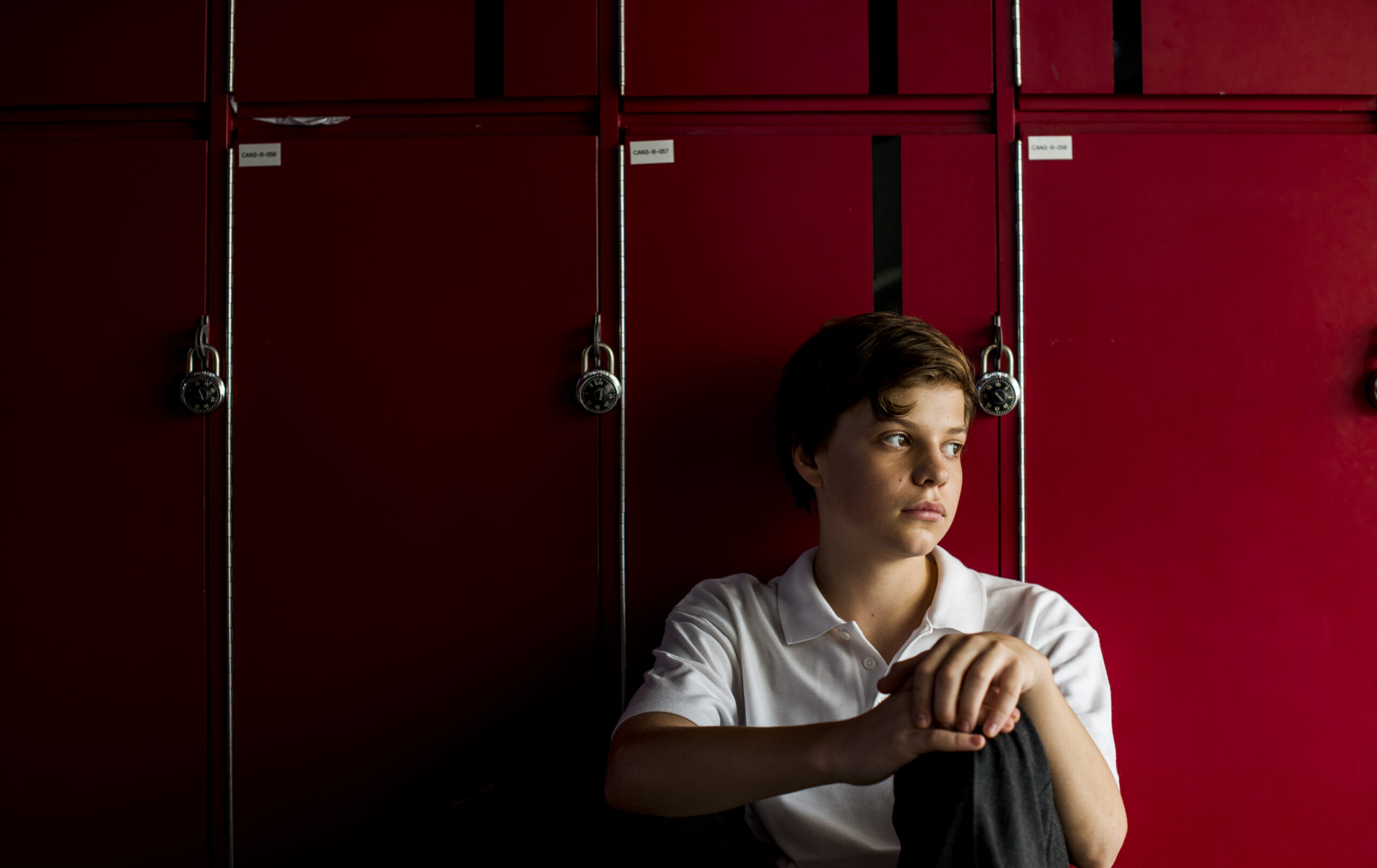Shocking 39% increase in school exclusions between spring terms, new government figures reveal

School exclusions and suspensions have increased over a third between the 2022 and 2023 spring terms, new figures published today (18 April) have revealed.
The government’s new figures showed there were 263,904 suspensions in the spring term 2022-2023 – an increase of 62,814 from 201,090 in 2021-2022.
This is also an increase from the autumn term 2022-2023, which the government said is a ‘change in trend’ from suspensions being typically higher in autumn term than in spring and summer.
The government said that restrictions imposed during Covid-19 will have had an impact on the numbers presented and caution should be taken when comparing across years.
The rate of suspensions in the 2022-2023 spring term was 3.13, equivalent to 313 suspensions for every 10,000 pupils. The rate in the previous spring term, 2021-2022, was 2.40.
Furthermore, permanent exclusions were up by 860 in the spring term of 2022-2023; from 2,179 in academic year 2021-2022 to 3,039 – up by 39%.
The rate of permanent exclusions is 0.04, equivalent to four permanent exclusions for every 10,000 pupils. This is similar to rates seen before the pandemic, which remained around 0.03 and 0.04.
Permanent exclusions increased in all types compared to the previous spring terms:
- Increased for secondary pupils (+37%, from 1,900 to 2,600)
- Increased for primary pupils (+64%, from 250 to 420)
- Increased for special school pupils (+17%, from 29 to 34)
Commenting on these figures, Paul Whiteman, general secretary at school leaders’ union NAHT, said: “It is undoubtedly a real cause for concern that suspensions and exclusions have increased year-on-year and that the number of suspensions is the highest termly figure on record.
“This is something the government should reflect on. Schools work incredibly hard to support pupils who are struggling with behaviour issues, but often the issues underpinning this go way beyond the school gate.
“Too often schools are left to tackle the problems that lead to exclusions and suspensions alone, and with scarce resources.
“Inadequate government funding of schools is leading to a reduction in pastoral care and teaching assistants in schools.
“Early intervention is often crucial – government funding cuts to services that support schools have made it harder for children and families to access help from mental health services and social care amid long waiting lists and higher thresholds.
“We’ve seen local authorities forced to stop providing key services, such as behaviour support teams.
“Without more government investment in these vital services, challenges in children’s lives will continue to affect their behaviour, wellbeing and academic achievement.”





